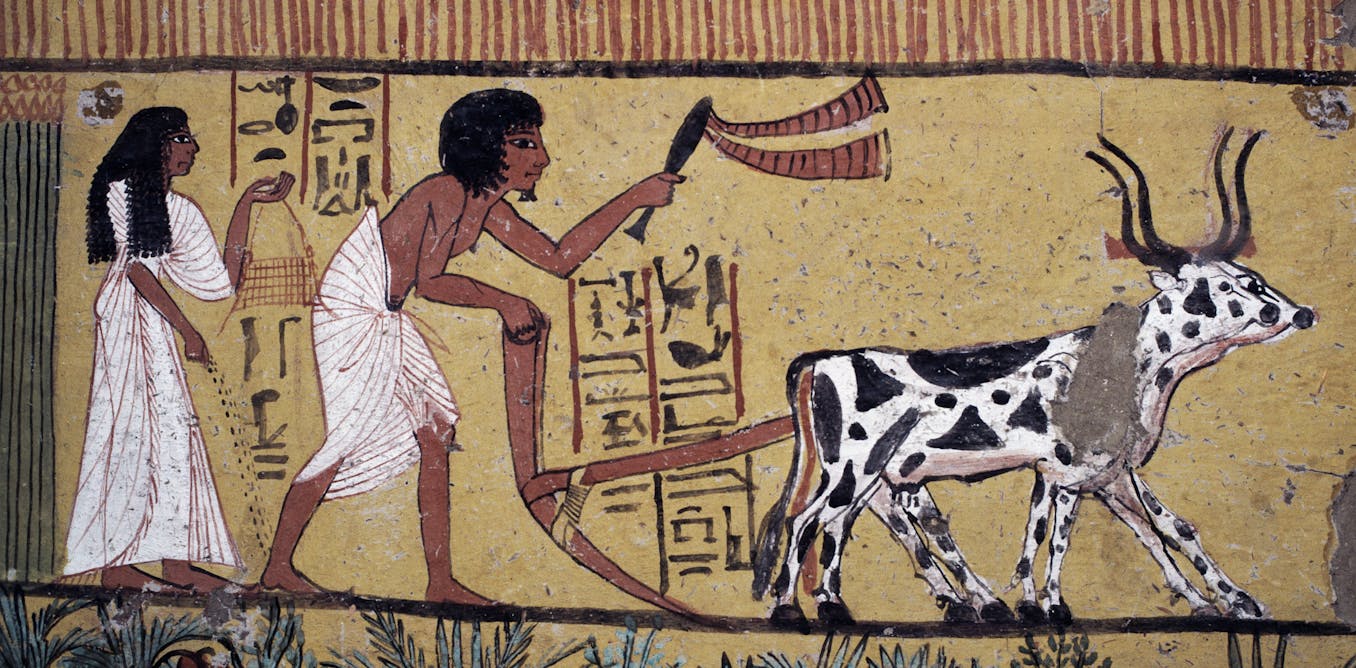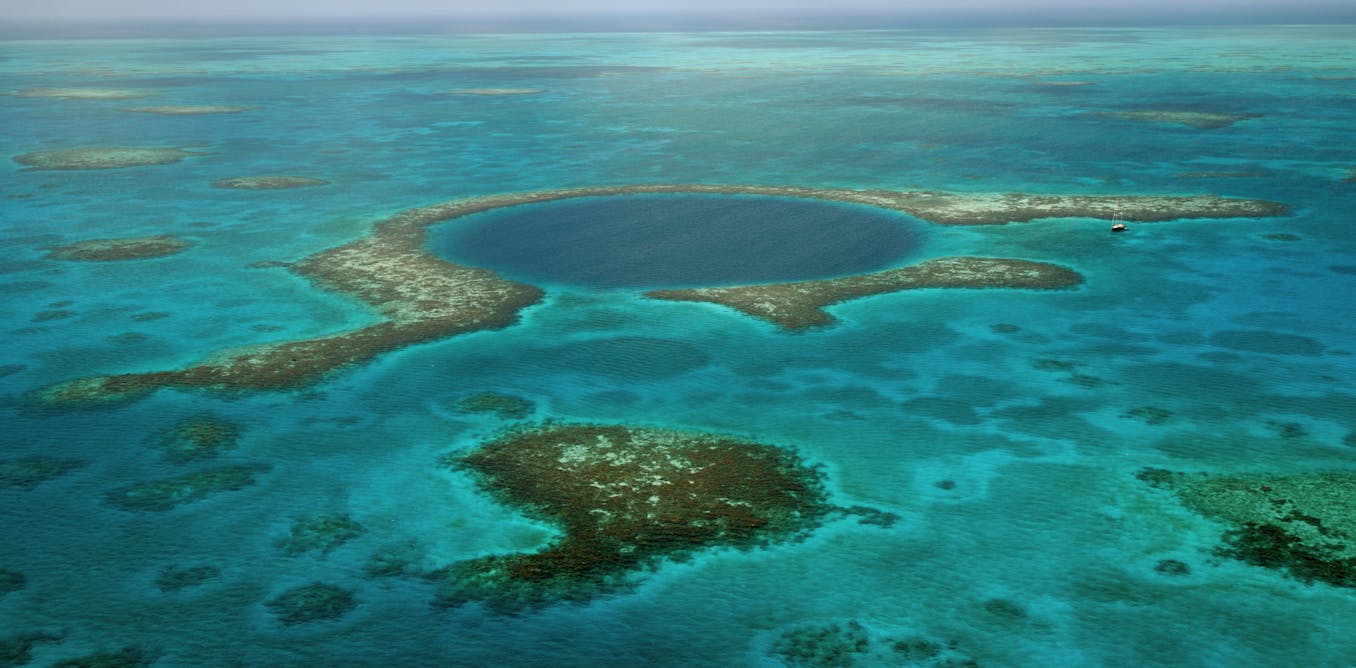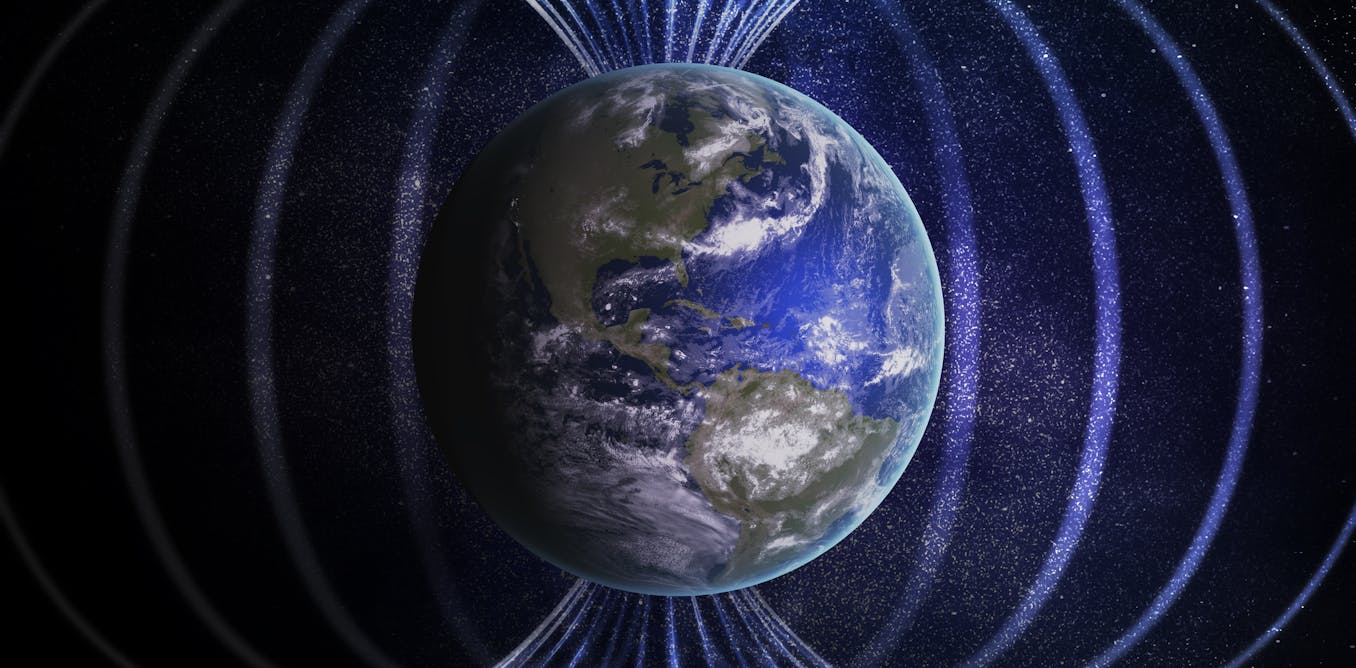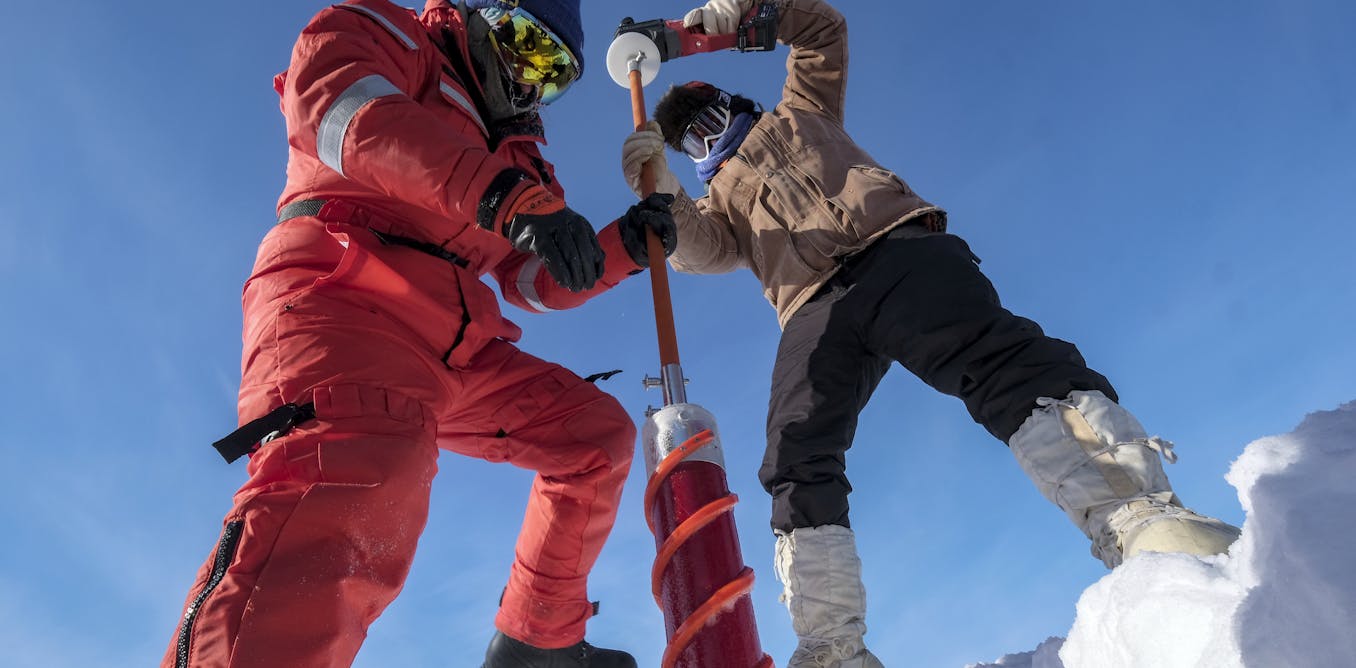Was Earth already heating up, or did global warming reverse a long-term cooling trend?
Evidence in Earth’s natural archives, from tree rings to seafloor sediments, points to one trend. Some climate models suggest another. Here’s why are important.
Feb. 15, 2023 • ~7 min







